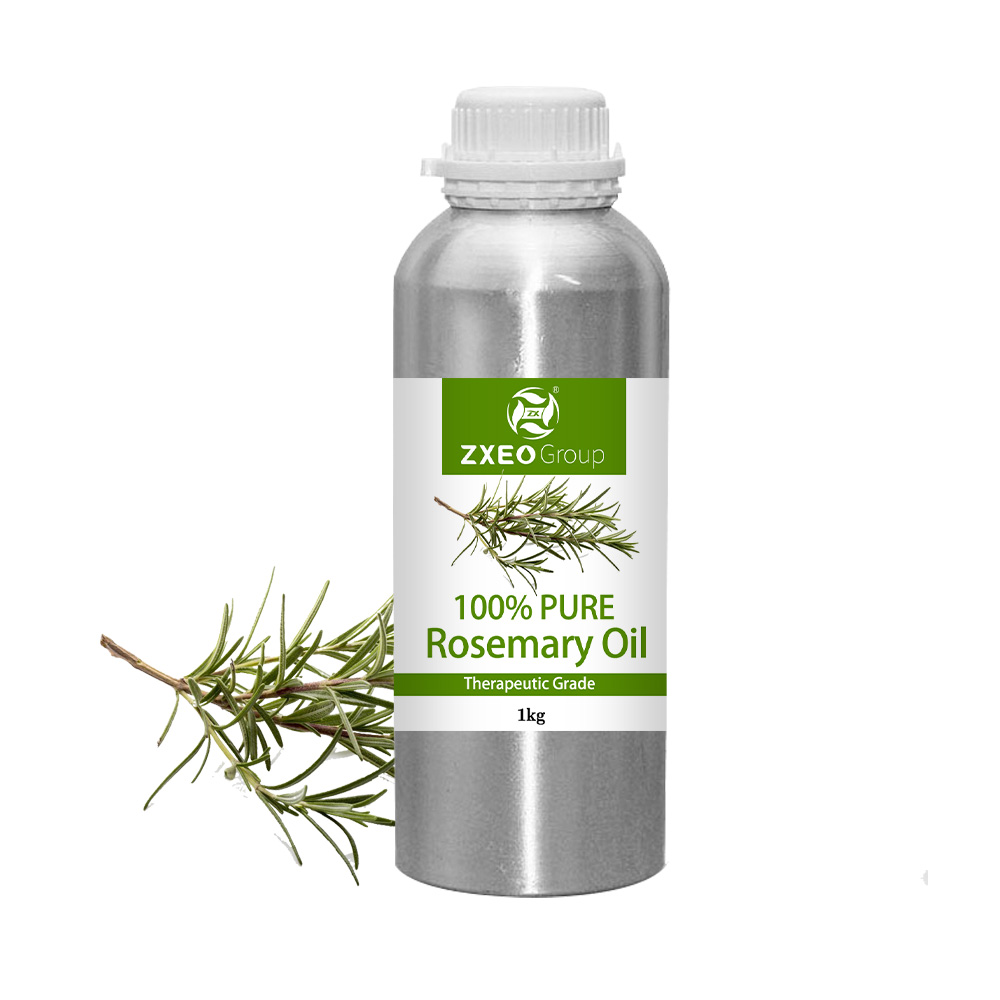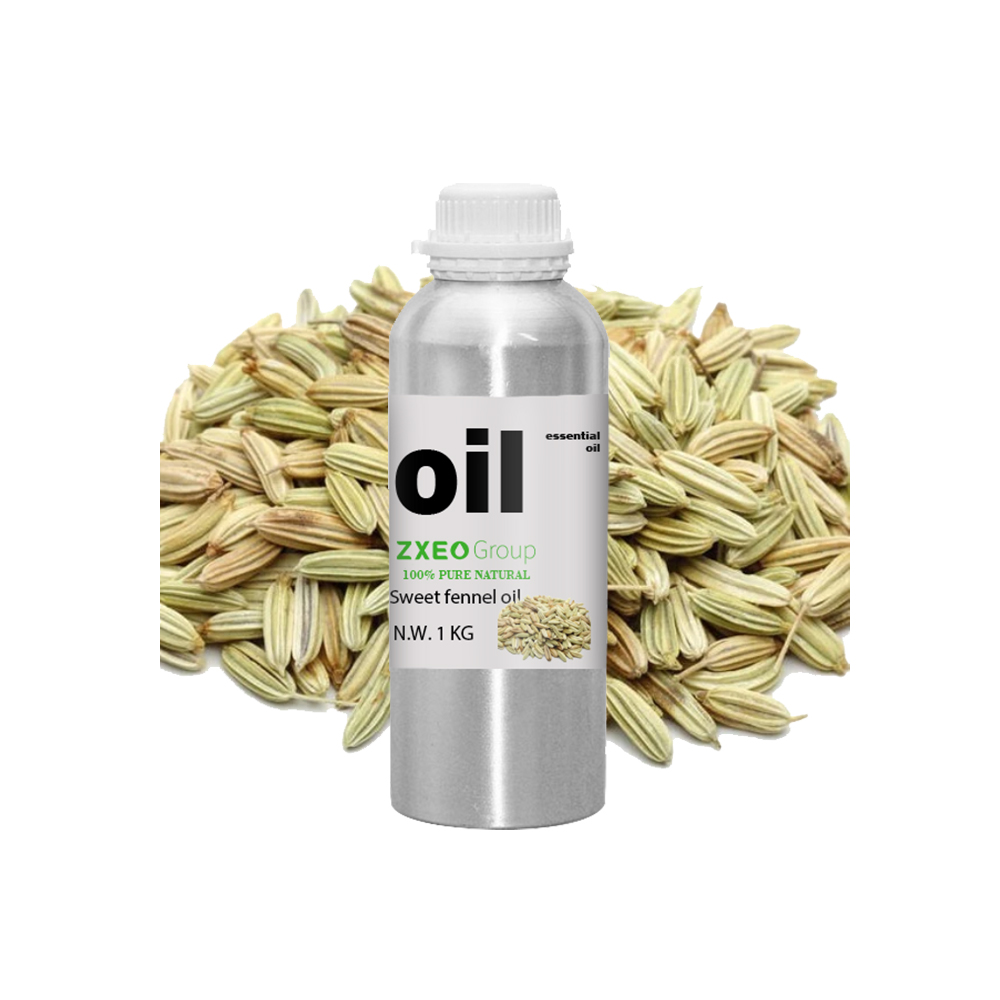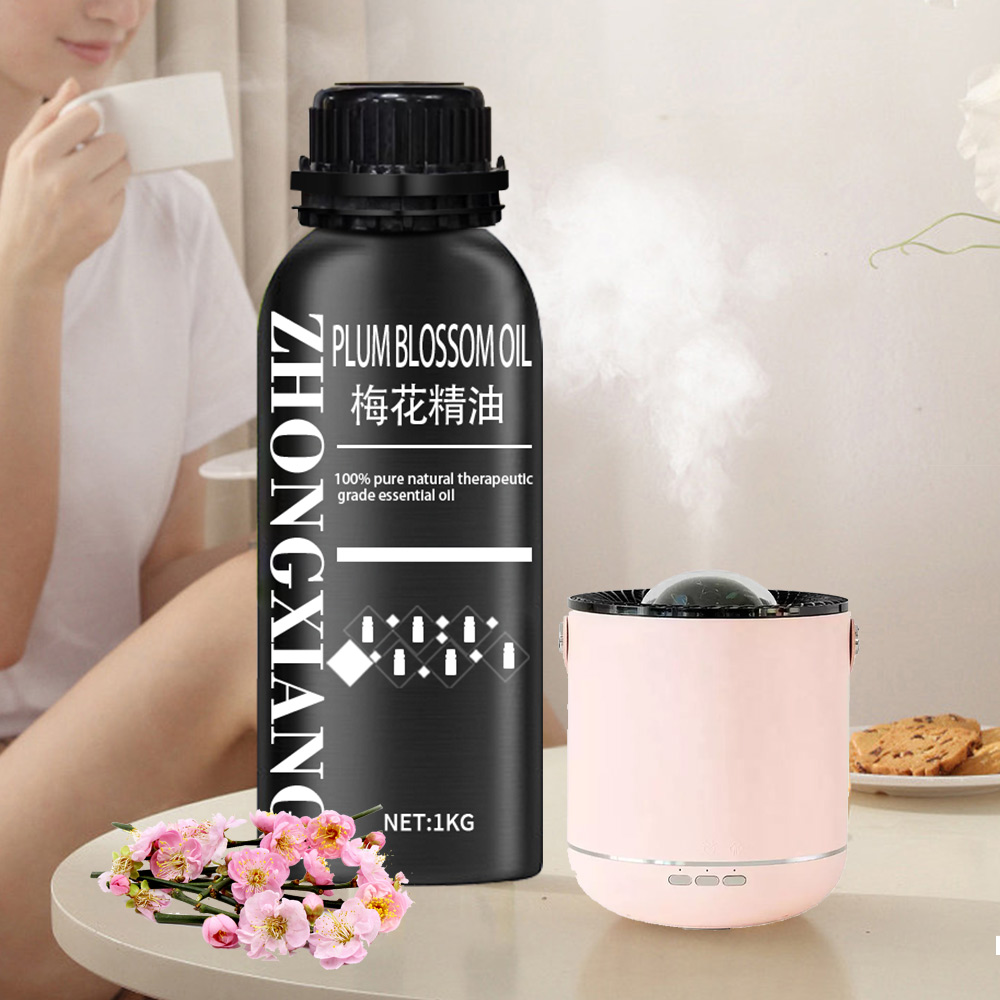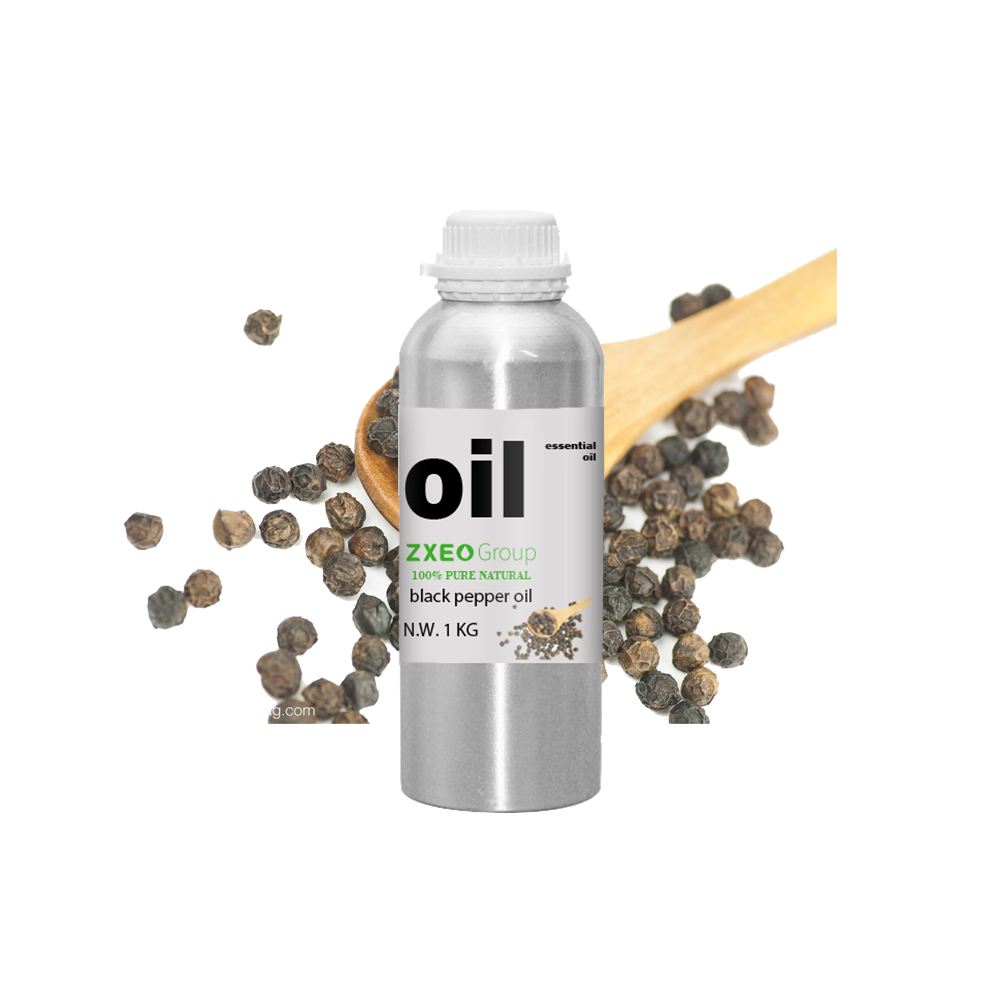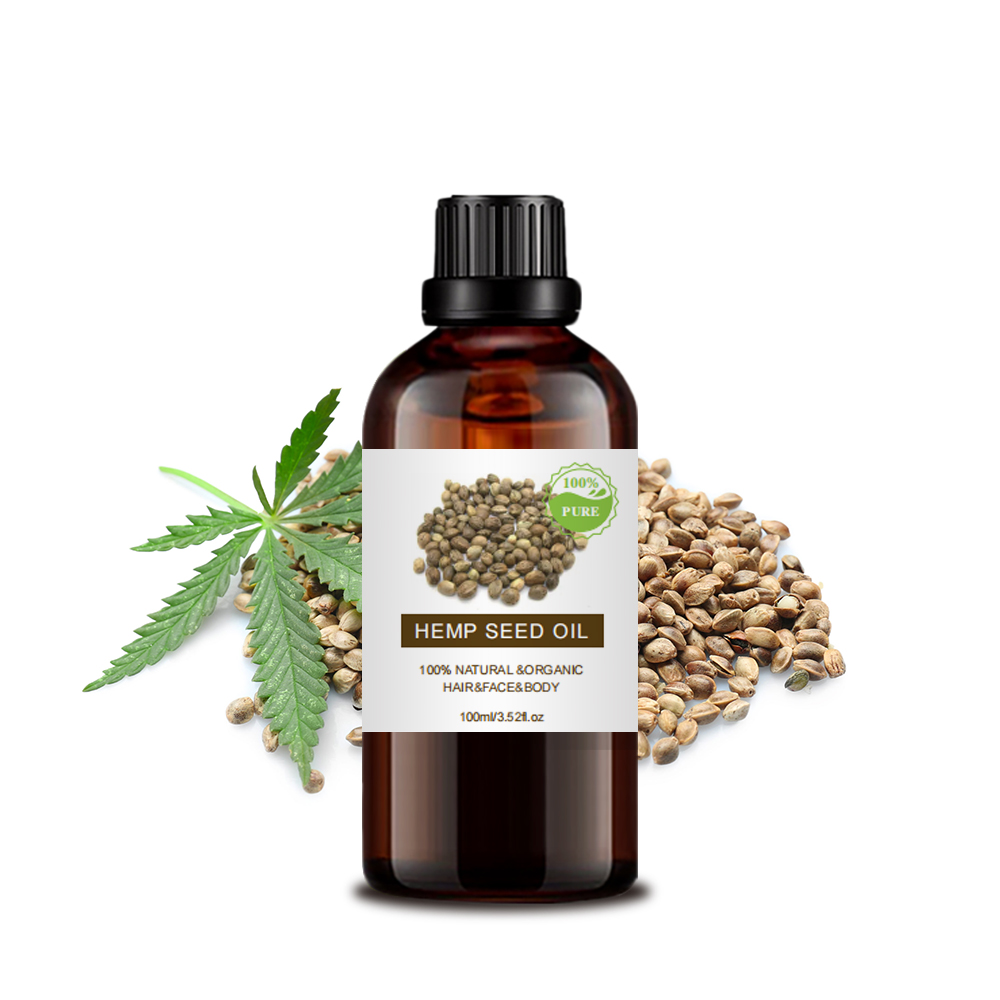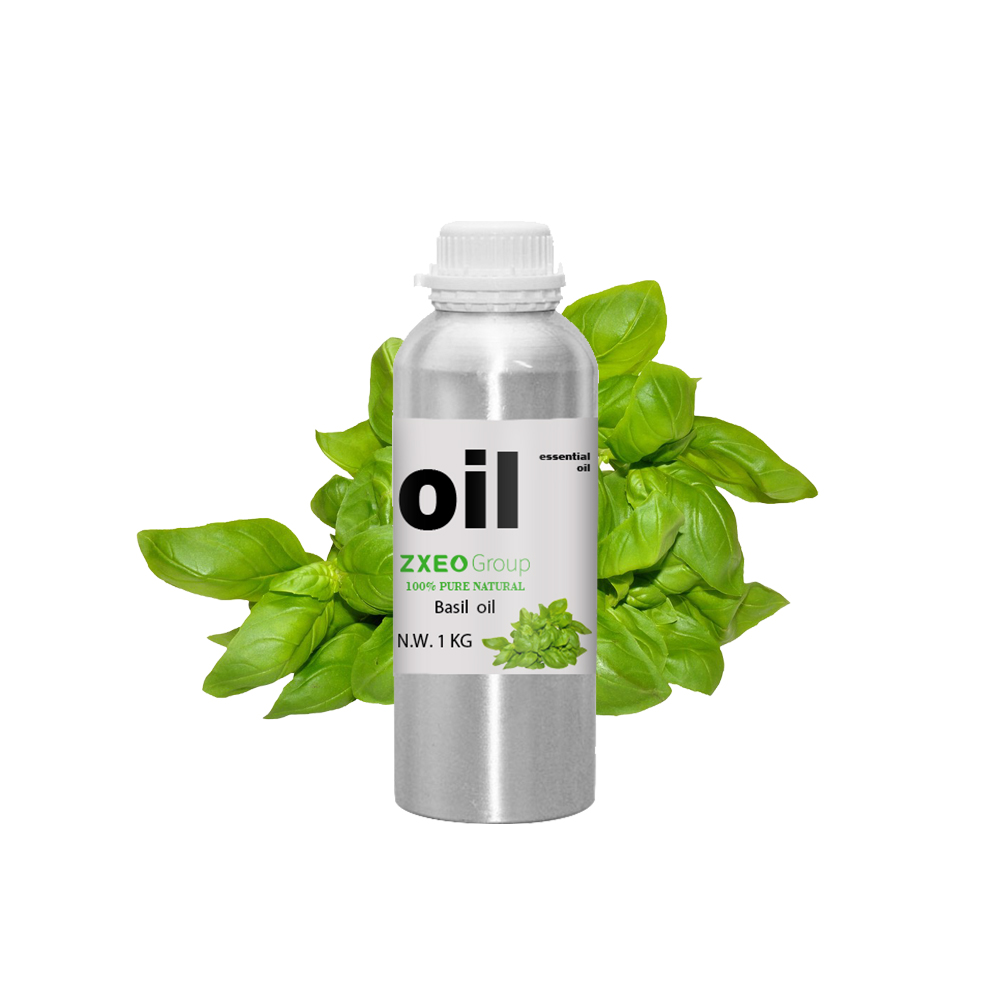Rosemary Essential Oil Skin Care Oil Essence Hair Growth Oil Cosmetic raw material
Rosemary is a fragrant herb that is native to the Mediterranean and receives its name from the Latin words “ros” (dew) and “marinus” (sea), which means “dew of the Sea.” It also grows in England, Mexico, the USA, and northern Africa, namely in Morocco. Known for its distinctive fragrance that is characterized by an energizing, evergreen, citrus-like, herbaceous scent, Rosemary Essential Oil is derived from the aromatic herb Rosmarinus Officinalis, a plant belonging to the Mint family, which includes Basil, Lavender, Myrtle, and Sage. Its appearance, too, is similar to Lavender with flat pine needles that have a light trace of silver.
Historically, Rosemary was considered sacred by ancient Greeks, Egyptians, Hebrews, and Romans, and it was used for numerous purposes. The Greeks wore Rosemary garlands around their heads while studying, as it was believed to improve memory, and both the Greeks and the Romans used Rosemary in almost all festivals and religious ceremonies, including weddings, as a reminder of life and death. In the Mediterranean, Rosemary leaves and Rosemary Oil were popularly used for culinary preparation purposes, while in Egypt the plant, as well as its extracts, were used for incense. In the Middle Ages, Rosemary was believed to be able to ward off evil spirits and to prevent the onset of the bubonic plague. With this belief, Rosemary branches were commonly strewn across floors and left in doorways to keep the disease at bay. Rosemary was also an ingredient in “Four Thieves Vinegar,” a concoction that was infused with herbs and spices and used by grave robbers to protect themselves against the plague. A symbol of remembrance, Rosemary was also tossed into graves as a promise that loved ones who passed away would not be forgotten.
It was used throughout the civilizations in cosmetics for its antiseptic, anti-microbial, anti-inflammatory, and anti-oxidant properties and in medical care for its health benefits. Rosemary had even become a favorite alternative herbal medicine for the German-Swiss physician, philosopher, and botanist Paracelsus, who promoted its healing properties, including its ability to strengthen the body and to heal organs such as the brain, heart, and liver. Despite being unaware of the concept of germs, people of the 16th century used Rosemary as incense or as massage balms and oils to eliminate harmful bacteria, especially in the rooms of those suffering from illness. For thousands of years, folk medicine has also used Rosemary for its ability to improve memory, soothe digestive issues, and relieve aching muscles.
